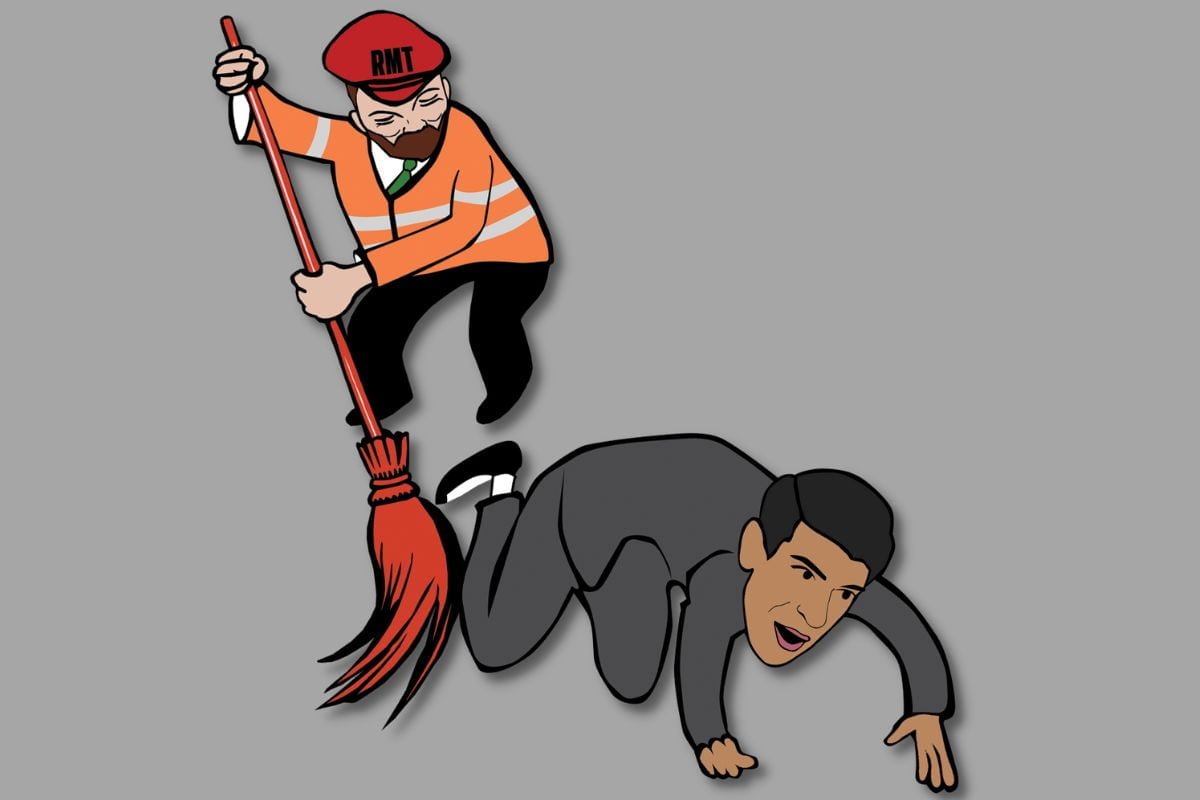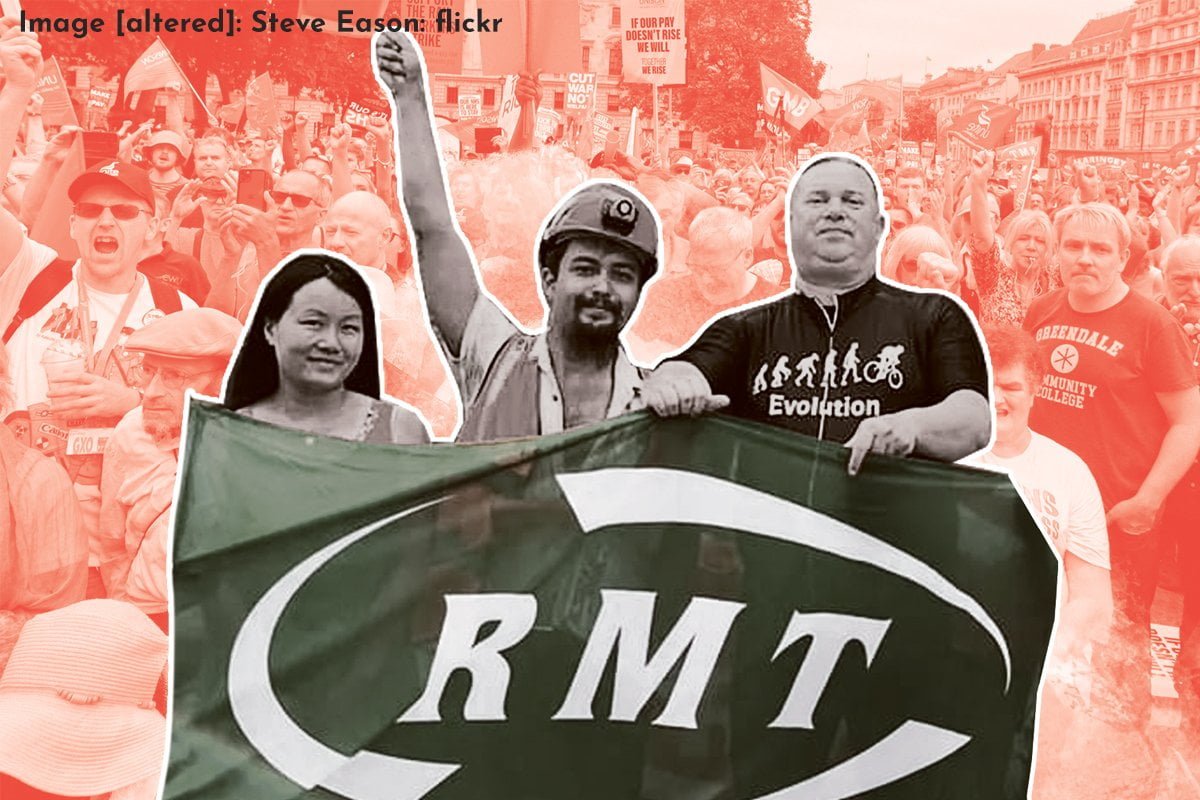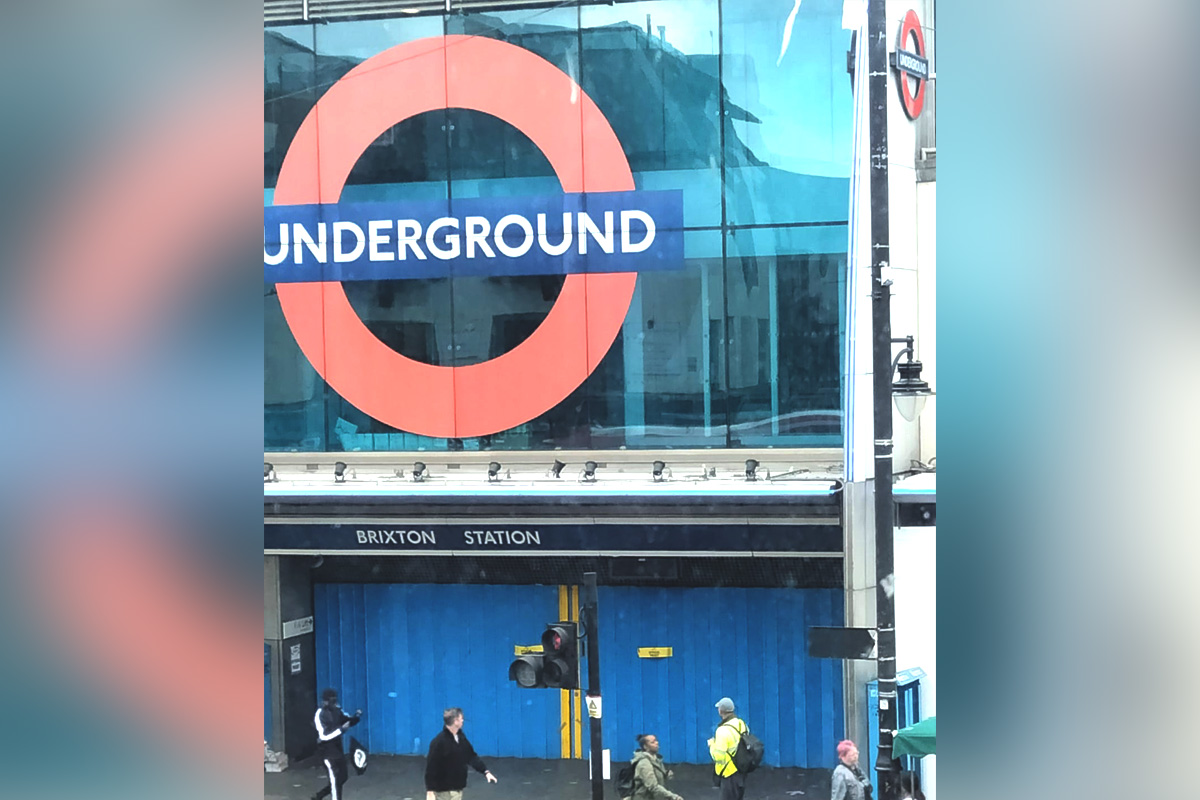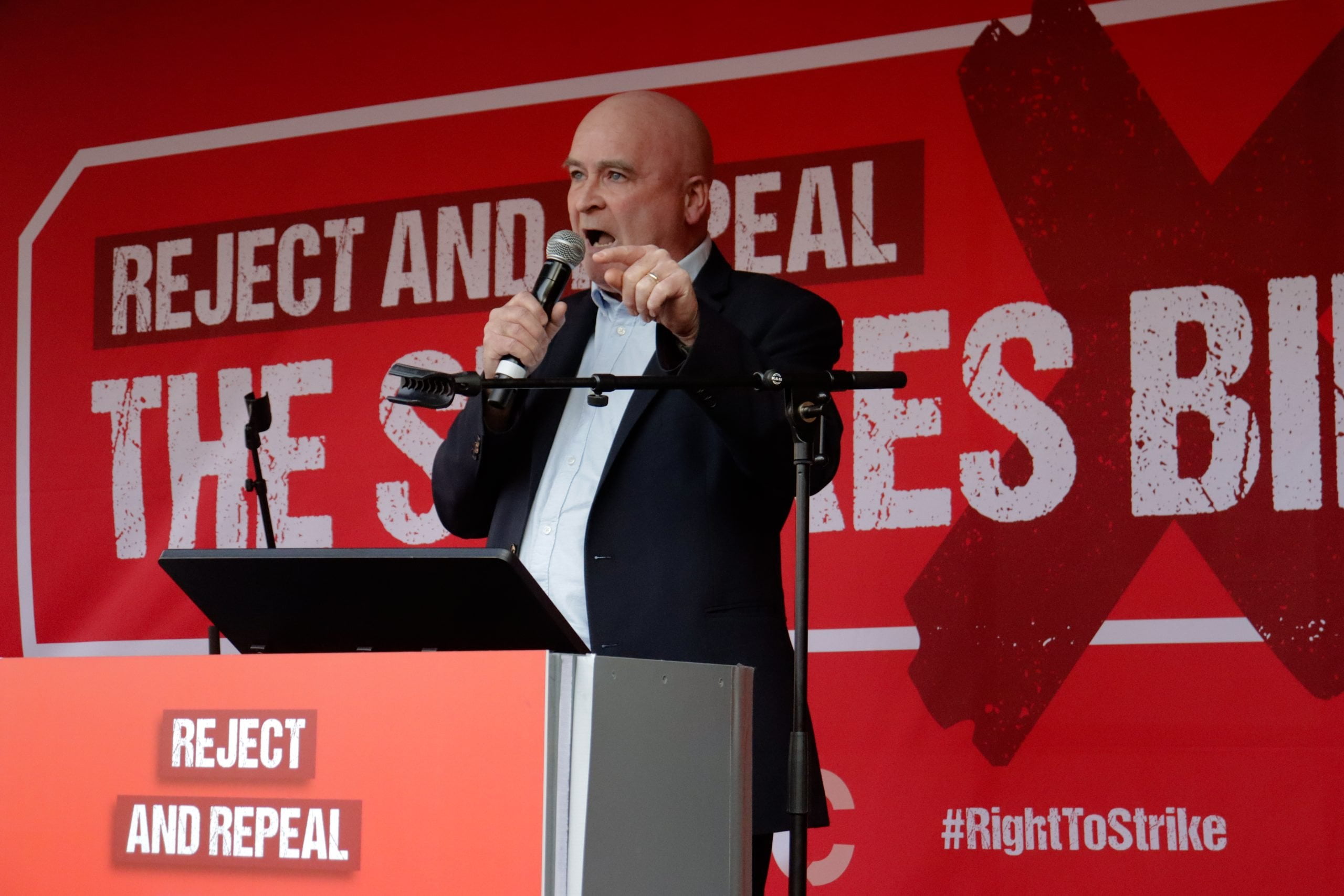The battle on the railways continues. Rail workers have been fighting a barrage of devastating attacks, all being made by the bosses in the euphemistic name of ‘modernisation’.
Now the Tory government, in collusion with the private train operating companies (TOCs), have set their sights on ticket offices.
In a provocative move, nearly all ticket offices in England have been marked for the axe. Even the busiest stations, such as London Waterloo, will not be spared in this offensive.
Closing the ticket offices would enable the TOCs to lay-off thousands of station staff. Passengers, meanwhile, would lose out on the cheaper alternatives presented by ticket office workers.
The bosses’ eyes must be lighting up with pound signs, knowing that these changes will boost the TOCs’ profits. Clearly the £500 million or more per year that they already syphon off is not enough!
Around 360 million rail journeys were made last year thanks to ticket offices. From commuters who need flexible tickets; to passengers with disabilities, language, or technological barriers: millions could lose access to rail travel. As ever, those worst-off will suffer the most.
Parasites

The rail monopolies are consciously cannibalising our industry. The bosses are incapable of investing their profits into real modernisation: high speed lines, signalling systems, electrification, and so on.
Instead, these parasites are seeking to increase their profits by perpetually degrading the service; attacking rail workers’ jobs, pay, and conditions; and increasing ticket prices.
Running these fat cats off the rails, seizing their vast profits, and placing the railways under workers’ control is the only way to really ‘modernise’ and provide a cheaper, quality railway for all.
Simultaneously, the Tories hope to crush rail workers. Mick Lynch characterised these latest attacks as “an example of Tory spite against the RMT”. Indeed, the ruling class hopes to make an example of the RMT, by defeating the militant union.
Fightback
The RMT has launched a fightback, responding with a massive campaign to gain public support.
This has included two days of protest action; the publication of new materials; mass mobilisation for participation in the consultation phase; and galvanising support from passengers on social media.
If the TOCs proceed regardless, however, the RMT and other unions must use their full industrial weight to defend ticket offices.
This question confronts not only rail workers, but the whole working class. The scourge of ‘fire and rehire’ and potential mass layoffs threaten workers across industry.
The slogan “no more P&Os” – referring to the ‘jobs massacre’ at P&O Ferries last year – must be acted upon, not just in words but in deeds.
Militant action
This coming week will see further strike action across the transport system. 20,000 RMT members at the TOCs – already in dispute – are going out today, and then again on 22 and 29 July.
Isolated days of action, however, have proved insufficient to stop the bosses in their tracks, both in these rail disputes, and in others. This risks exhausting members.

RMT Tube workers also recently renewed their strike mandate, in a dispute over jobs, conditions, and pensions. They will be taking rolling strike action between 23-28 July, aiming to shut down London Underground for over six days.
Nationally, the RMT must prepare for similarly sustained action, using the support gained from the campaign to raise strike funds and solidarity.
Above all, the union must take a lead in actively coordinating with sister unions in a militant struggle not only to defend ticket offices, jobs, pay, and conditions – but to fight for a nationalised rail network run by and for workers.






